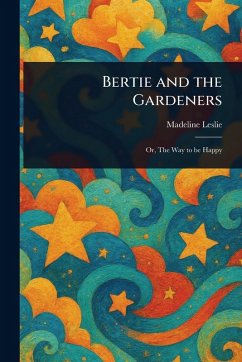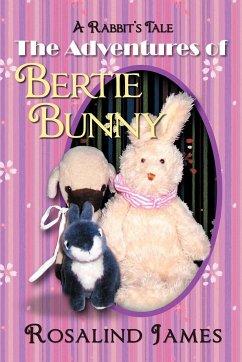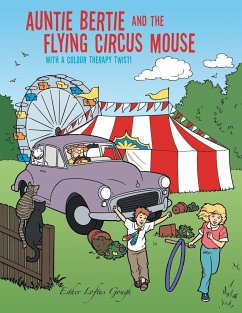"Bertie and the Gardeners: or, The Way to be Happy" by Madeline Leslie offers a glimpse into the virtues and moral lessons of 19th-century family and country life. This children's story, now meticulously prepared for print republication, explores themes of happiness and right living through the lens of juvenile fiction. As a story focused on "Country life -- Juvenile fiction," it presents a vision of morality and the path to contentment. Readers interested in historical examples of children's literature that explore social themes and religious principles will find "Bertie and the Gardeners" a valuable and engaging read. It provides a charming window into a bygone era, offering timeless insights into the values once considered essential for a fulfilling life. Explore the simple joys and profound lessons within these pages. This work has been selected by scholars as being culturally important, and is part of the knowledge base of civilization as we know it. This work is in the public domain in the United States of America, and possibly other nations. Within the United States, you may freely copy and distribute this work, as no entity (individual or corporate) has a copyright on the body of the work. Scholars believe, and we concur, that this work is important enough to be preserved, reproduced, and made generally available to the public. We appreciate your support of the preservation process, and thank you for being an important part of keeping this knowledge alive and relevant.
Bitte wählen Sie Ihr Anliegen aus.
Rechnungen
Retourenschein anfordern
Bestellstatus
Storno









